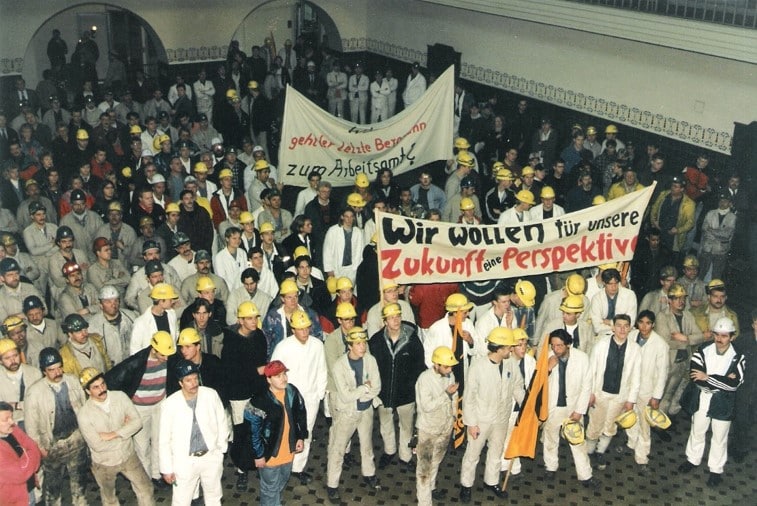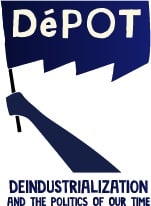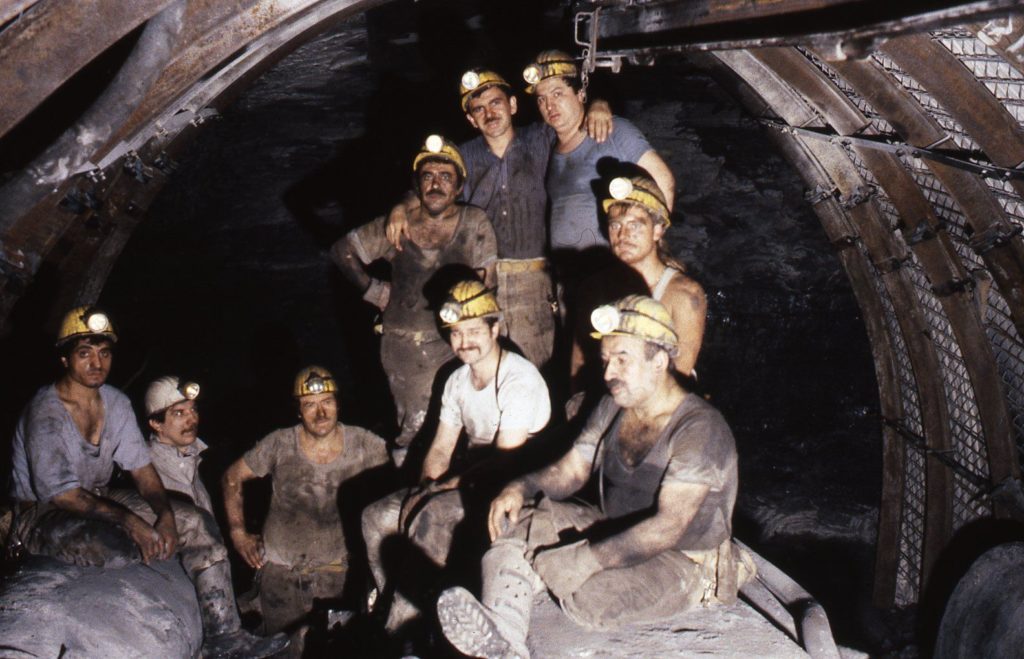In December 2018, the closure of the last remaining German hard coal mine, the Prosper-Haniel colliery in the city of Bottrop, ended a significant chapter of German industrial history. However, while the coal industry itself has been petering out, the musealisation of coal (and steel), particularly in the old industrial centre of the Ruhr region, has led to the development of a thriving industrial heritage landscape, visited by a million tourists even in times of the pandemic. Initially started from grassroots initiatives to rescue the material and immaterial remains of the industry and its communities, the collective memory of coal today varies between bottom-up approaches, the dominance of institutional actors to stereotypical marketing and media narratives about the industrial past.

Before this background, this talk will present a recent oral-history project on the memories of coal mining in the Ruhr and other former West-German coal regions. Based on the interviews collected here, the presentation will consider themes and aspects that seem so far underrepresented in the existing heritage landscape, and it will contextualize them in the current historical culture of the Ruhr.
Katarzyna Nogueira is a curator at the LWL Industrial Museum in Dortmund. She is also working on a PhD thesis on the history of oral history in the Ruhr since the 1970s. Stefan Moitra is a researcher and archivist at the Deutsches Bergbau-Museum (German Mining Museum) in Bochum. Since 2015 they have jointly been conducting the oral-history project “Menschen im Bergbau”/”Mining People”, a collaboration between the Foundation History of the Ruhr and the German Mining Museum.
All events begin at 1.15pm and take place online
Zoom link for session:
https://swanseauniversity.zoom.us/j/94506346306?pwd=NkRWNUprdkVvRWNSVW1HbG12NXVCdz09
(Meeting ID: 945 0634 6306. Passcode: 525374)
Seminar sponsored by CHART and DePOT

